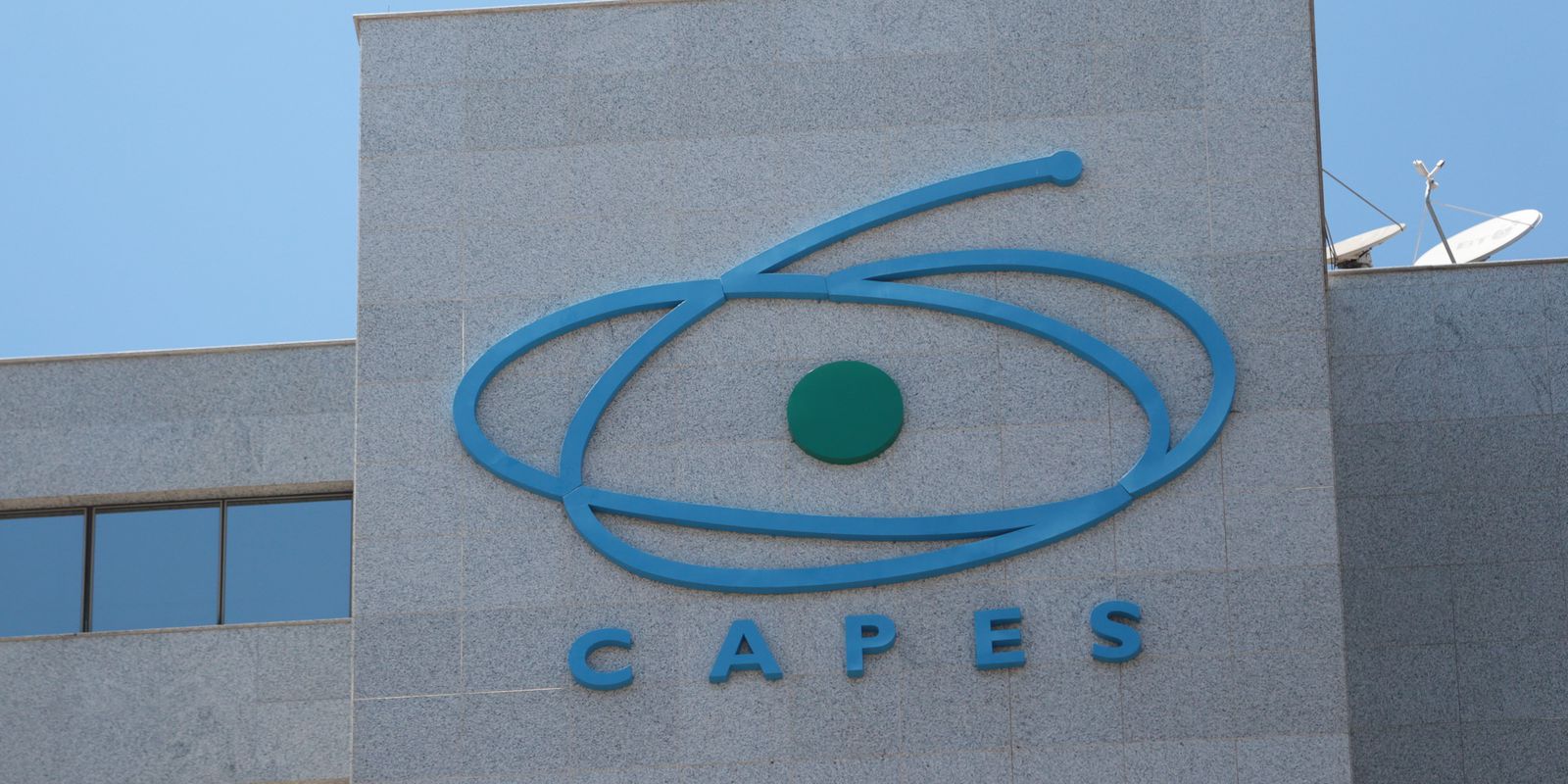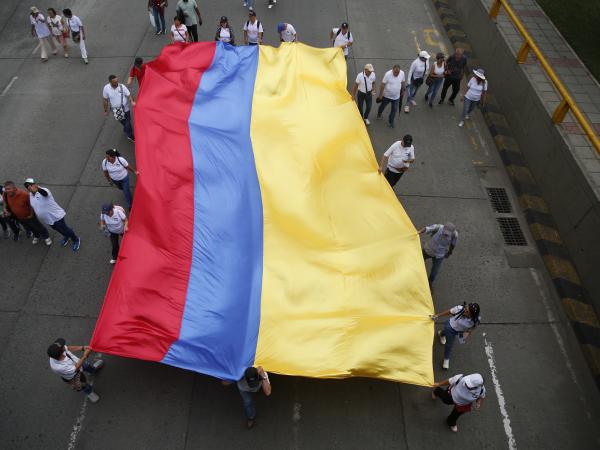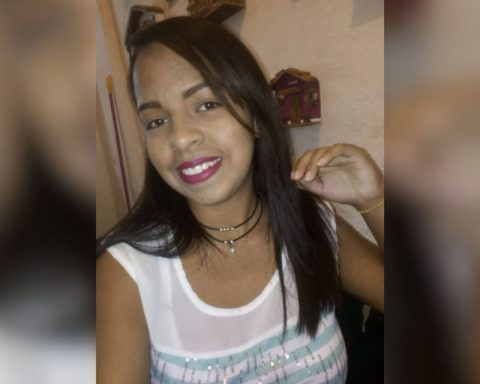This Thursday (16th), the federal government made official the readjustment in research grants, which vary from 25% to 200% between undergraduate, graduate, scientific initiation and Permanence Scholarships. According to the government, the new values will come into effect from March.
Scholarships for masters and doctorates, which had not had any adjustment since 2013, will vary by 40%. In the case of the master’s degree, the amount will increase from R$ 1,500 to R$ 2,100. For a doctorate, from R$2,200 to R$3,100. As for postdoctoral scholarships, the increase will be 25%, with an increase from R$ 4.1 thousand to R$ 5.2 thousand.
The new values are valid both for scholarships paid by the Coordination for the Improvement of Higher Education Personnel (Capes), of the Ministry of Education (MEC), and those paid by the National Council for Scientific and Technological Development (CNPq), linked to the Ministry of Science. , Technology and Innovation (MCTI).
The government will also recompose the number of scholarships offered. In the case of masters, in 2015 there were 58.6 thousand scholarships, a number that dropped to 48.7 thousand in 2022, a reduction of about 17%. Now, it is estimated that 53,600 scholarships will be offered in this modality.
The readjustments of the research grants correspond to a value of R$ 2.38 billion in resources both from the MEC and from the MCTI. “Everything we are going to do to meet the needs of the people will be called an investment. And education is the cheapest investment we can make. We want a country that exports knowledge,” said President Luiz Inácio Lula da Silva during a ceremony at the Planalto Palace to announce the readjustments.
Studying for a doctorate in Physics at Universidade Brasília (UnB), researcher Cícera Viana celebrated the new values. “Often, we work under terrible conditions receiving little and doing research with an international impact. Therefore, the importance of this moment, because our work is finally being recognized and we will be able to continue dreaming of a future for us students”, she highlighted.
Vinícius Soares, president of the National Association of Graduate Students (ANPG), was another to celebrate the announcement. “This ceremony is very important and symbolic because we have gone through years of darkness and Brazil is back in the light of science,” he said.
Scientific research
High School scientific initiation students will have their scholarships readjusted, from R$100 to R$300, a 200% correction. In all, 53,000 scholarships will be invested to encourage young students to dedicate themselves to research and science production. “Scientific initiation scholarship holders are more likely to complete postgraduate studies”, noted the Minister of Science and Technology, Luciana Santos.
Scholarships for basic education teacher training will have readjustments between 40% and 75%. In 2023, there will be 125,700 scholarships to prepare teachers. This action is considered essential for the qualification of teachers who graduate and go to the classroom. Benefit values range from R$ 400 to R$ 1,500.
Quilombolas and Indigenous
The Permanência Grant, created in 2013, will have its first readjustment since then. The financial aid is aimed at quilombola and indigenous students, members of the University for All Program (ProUni) and students in a situation of socioeconomic vulnerability enrolled in federal institutions of higher education. The intention is to contribute to the permanence and qualification of the beneficiaries. The percentage increases will vary from 55% to 75%. Currently, the values range from R$ 400 to R$ 900. In the case of scholarships for indigenous people and quilombolas, the value goes from the current R$ 900 to R$ 1,400.

















